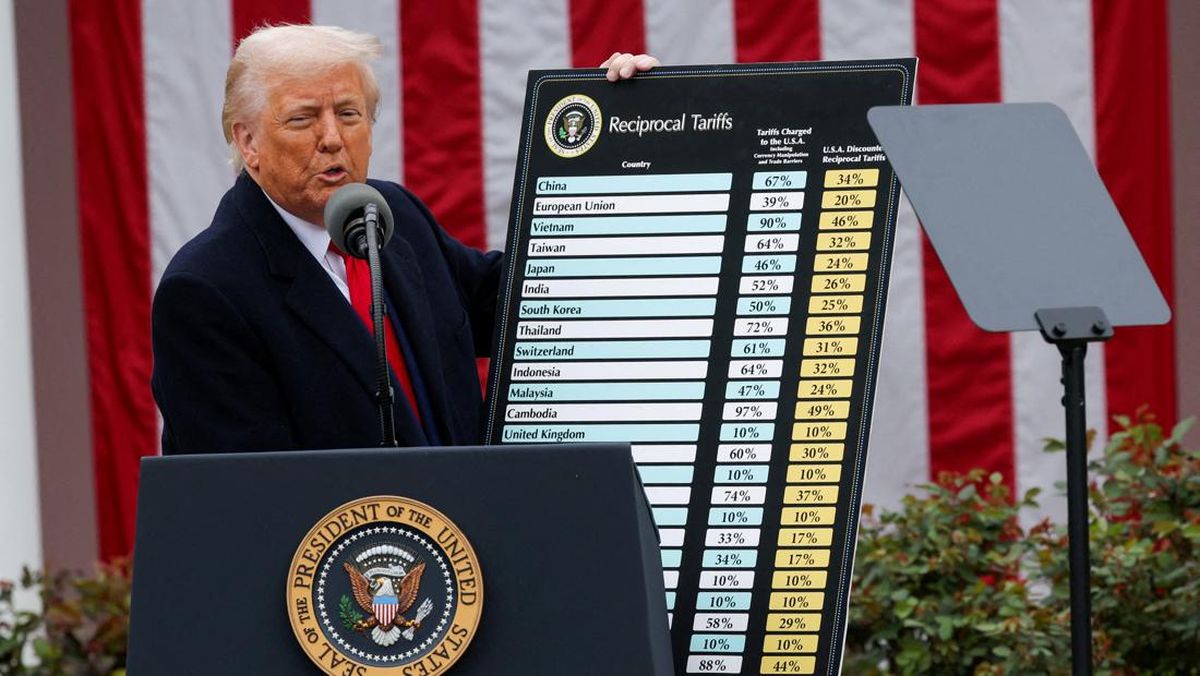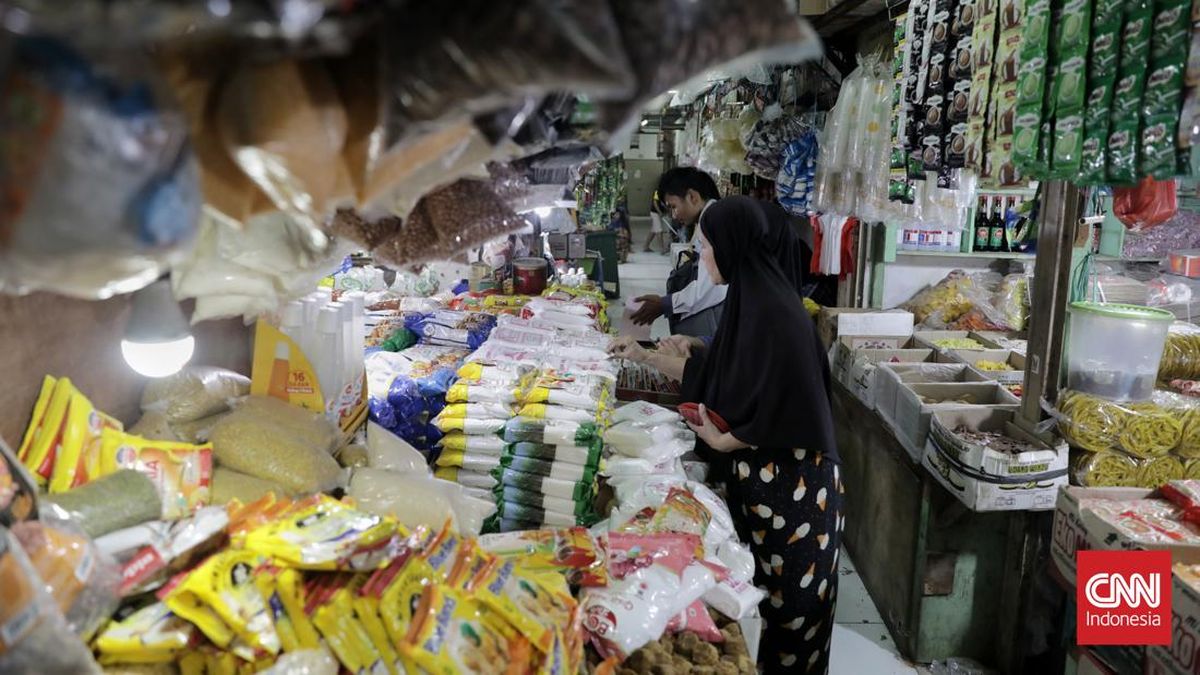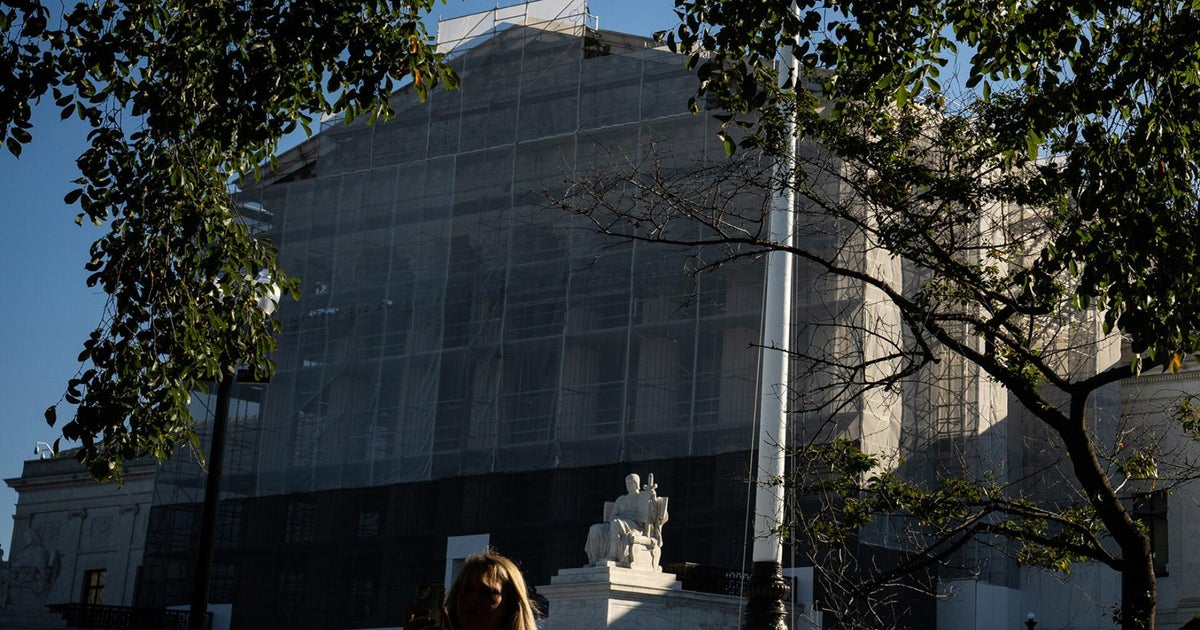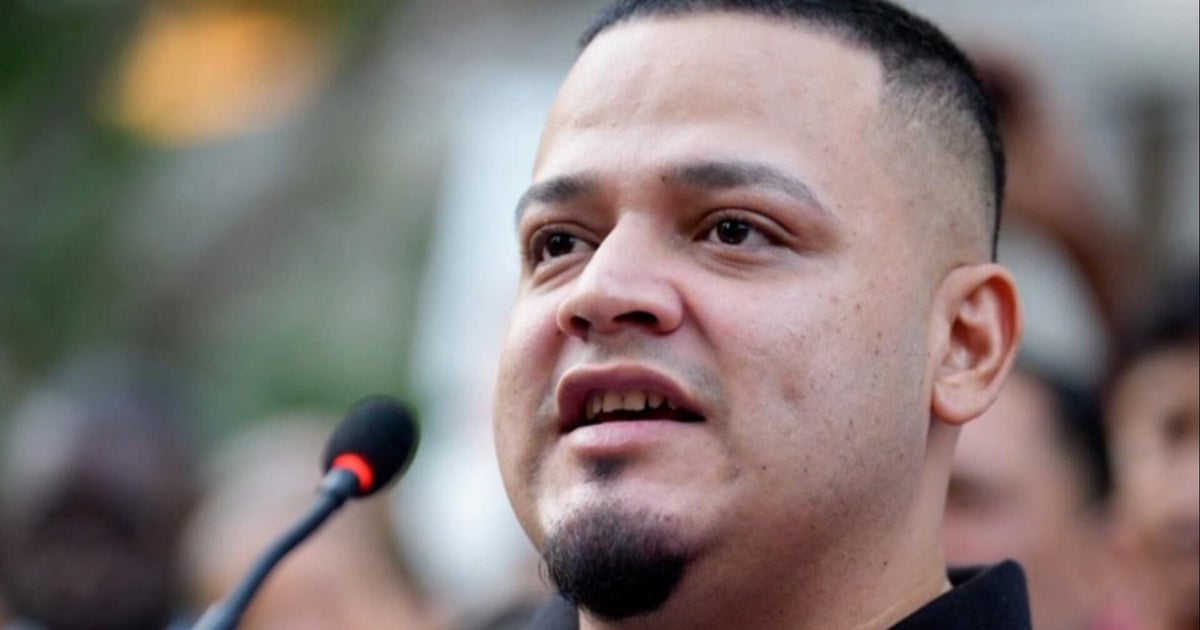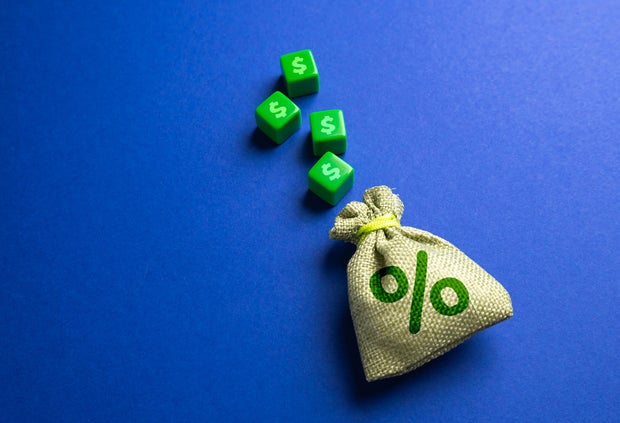 Savers looking to earn high interest on their money will need to be strategic now that the Fed is cutting interest rates again.
Andrii Yalanskyi/500px
Savers looking to earn high interest on their money will need to be strategic now that the Fed is cutting interest rates again.
Andrii Yalanskyi/500px
It's always important to earn as much interest as you can on your money.
Unfortunately, the current reality is that traditional savings accounts are barely worth it for the average saver. With an average interest rate of 0.40% now, not only are these accounts not maintaining pace with inflation, but savers are actually losing money by not taking advantage of certificate of deposit (CD) or high-yield savings accounts instead. Both of these accounts have had high rates in recent years, and they remain exponentially more lucrative than a traditional savings account currently is.
But with the Federal Reserve issuing an interest rate cut last month and with two others widely expected for October and December, savers shouldn't rush to deposit a large, five-figure amount like $10,000 into either before pausing to calculate their returns. Between a $10,000 CD and a $10,000 high-yield savings account, then, which will earn more now? That's what we'll detail below.
See how much more interest you could be earning on your money with a high-rate CD here.
$10,000 CD vs. $10,000 high-yield savings account: Which earns more now that the Fed's cutting rates?
It can be difficult to determine the exact interest-earning potential of a high-yield savings account since it comes with a variable rate that will adjust over time. CDs, by comparison, have fixed rates that won't change until the account hits its maturity date. Here's how much each can earn with a $10,000 deposit now, calculated using available rates and CD terms and on the assumption that the high-yield savings account rate remains the same:
- $10,000 3-month CD at 4.10%: $100.96
- $10,000 high-yield savings account at 4.20% after three months: $103.39
- Difference between accounts: The high-yield savings account earns $2.43 more.
- $10,000 6-month CD at 4.30%: $212.74
- $10,000 high-yield savings account at 4.20% after six months: $207.84
- Difference between accounts: The CD earns $4.90 more.
- $10,000 9-month CD at 4.15%: $309.66
- $10,000 high-yield savings account at 4.20% after nine months: $313.37
- Difference between accounts: The high-yield savings account earns $3.71 more.
- $10,000 1-year CD at 4.20%: $420.00
- $10,000 high-yield savings account at 4.20% after one year: $420.00
- Difference between accounts: Both accounts earn the same.
In the four above examples, then, returns are essentially the same; the CD has greater earnings in one of the four, while a high-yield savings account is more profitable in two others, and both are the same after a full year. The difference, however, is that the CD interest is guaranteed thanks to that fixed rate, while the high-yield savings account interest is likely to decline, perhaps even sooner than anticipated, depending on the cadence of interest rate cuts still to come. Savers should weigh both carefully, then, to determine which is more applicable for their budget and goals both immediately and into the future.
Compare your top high-yield savings account options here.
The bottom line
With the average return on a $10,000 deposit around the same whether it's done with a CD or high-yield savings account now, but with the potential for additional rate reductions currently high, savers should consider a strategic approach of splitting their funds into both account types. That will allow them to exploit today's still high rates, earn a baseline, guaranteed return with a fixed-rate CD and still maintain some flexibility to make deposits and withdrawals with a high-yield savings account. Just try to avoid keeping any money in the traditional savings account right now, especially with much more lucrative account types still readily available.
Matt Richardson is the senior managing editor for the Managing Your Money section for CBSNews.com. He writes and edits content about personal finance ranging from savings to investing to insurance.


